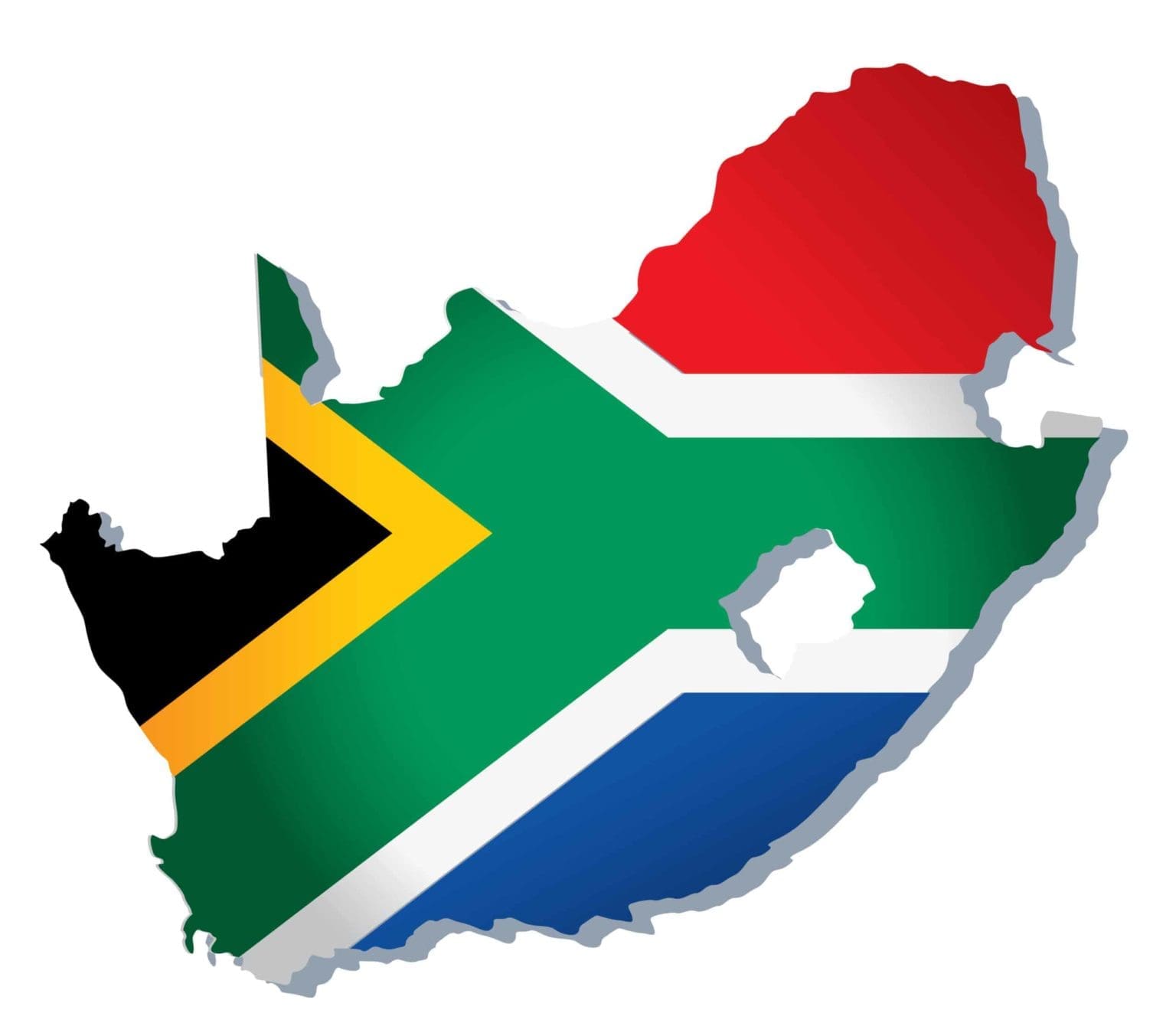South Africa can become a leading world economy in the 21st century if it leverages transformative technologies like 5G, Cloud and AI to boost its productivity and innovation capabilities, says Huawei VP for Wireless Networks Marketing & Solutions Dr Mohammed Madkour.
Madkour was speaking at the first annual Huawei ICT Editors Xchange hosted at Founders Factory Africa, which saw tech media mingle with ICT experts and industry analysts, sharing thoughts on South Africa’s move towards digitisation and how step changes like 5G connectivity will benefit society.
In Madkour’s keynote presentation, he emphasised that during the roll-out of 5G – the latest generation of cellular network technology – countries should never lose sight of the overarching purpose of progress.
“We should not pursue technology simply for brand-building or marketing reasons,” he said.
“Technology innovations offer people the hope of a better life, more efficient businesses and a prosperous economy.”
“The confluence of cloud, AI and 5G technology will enable quantum leaps in the efficiency of industry, the prosperity of economies and the quality of life,” he said. “We just need to ensure that this takes place within an open, integrated and inclusive ecosystem.”
Madkour explained how 5G networks were built using existing base stations, but that these would be smaller, with 10 times the capacity, and how 4G LTE was used to establish 5G connections.
“Since 4G also functions as the fallback for the 5G network, a rand spent on 4G is a rand spent on 5G,” he said.
“It’s all about democratising connectivity, intelligence and broadband to empower people and businesses,” he said. “Countries and industries can use 5G, Cloud and AI to boost their productivity and innovation capabilities and improve competition. Countries become 21st-century
leaders by industrialising ICT and digitalising industries.”
Madkour said one way to boost business and to bring down data prices was to license more spectrum and to incentivise usage of 5G, which is the most efficient connectivity technology.
Farouk Osman Latib, from Huawei Cloud Africa, described the cloud as a runway, and AI, the Internet of Things and 5G as the engines that would enable society to take flight. Key to helping us reach our destination was for our people to be equipped with the relevant skills.
“We are now in an era where connectivity is a basic need,” he continued. “Connecting to the cloud is becoming essential because the cloud will be the enabler of all future digital technology.”
ICT lawyer Nozipho Mngomezulu, a partner at Webber Wentzel, outlined regulatory moves to manage technological progress. She explained how legislators planned to facilitate the move to digitisation through initiatives like WOAN (Wholesale Open Access Network). She emphasised the benefits of free or low-cost access for all and of enabling more entrants into the ICT sector.
The event culminated in a panel discussion, where the need for relevant IT training was again highlighted by speakers.
“5G, AI and the Cloud are tools,” said Madkour. “These tools will not transform our society. People will do that, as long as they have the right skills to use them effectively and to unlock the millions of possibilities that they offer.”

1 Comment
Pingback: How Technology has Transformed the Betting and Gambling Industry